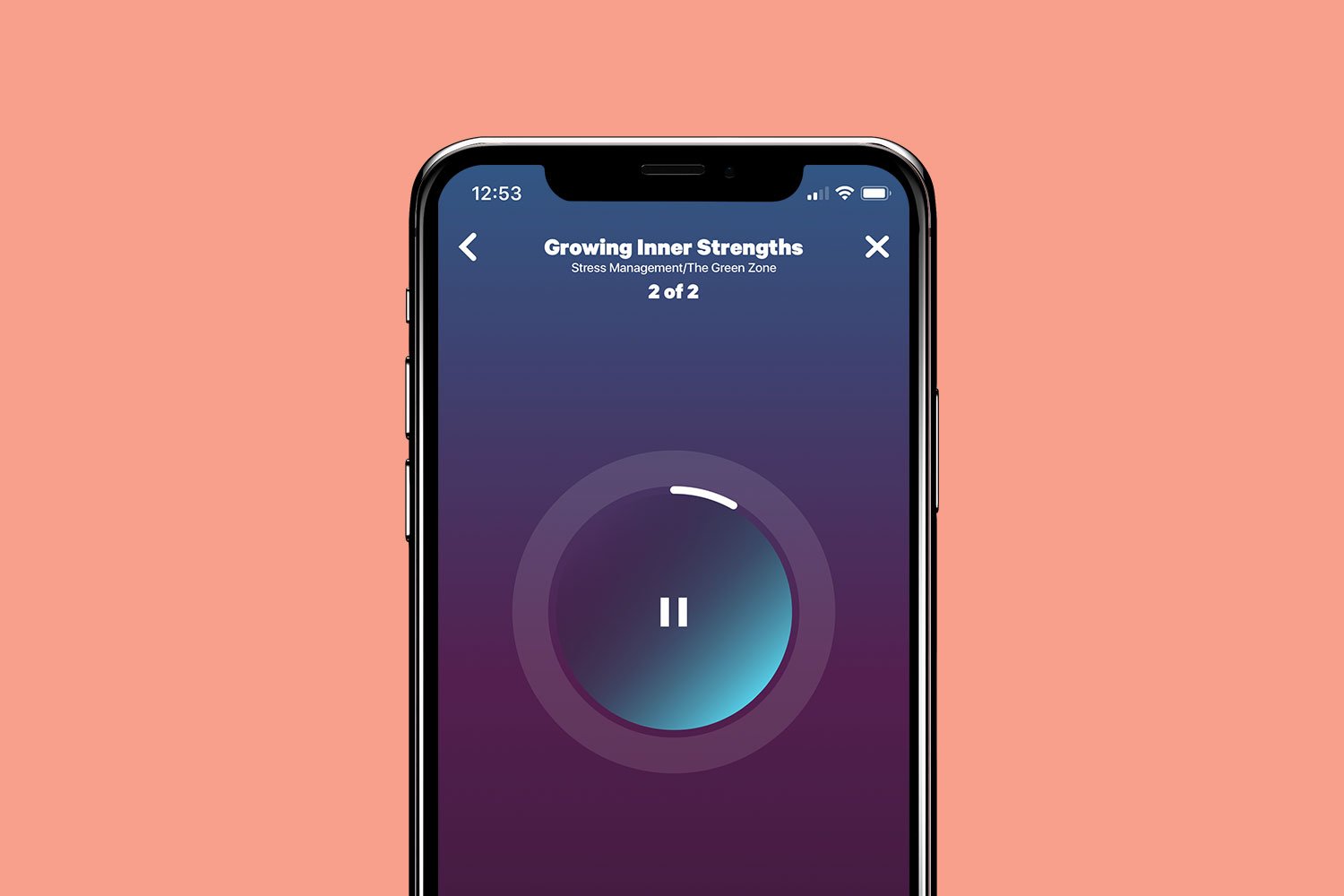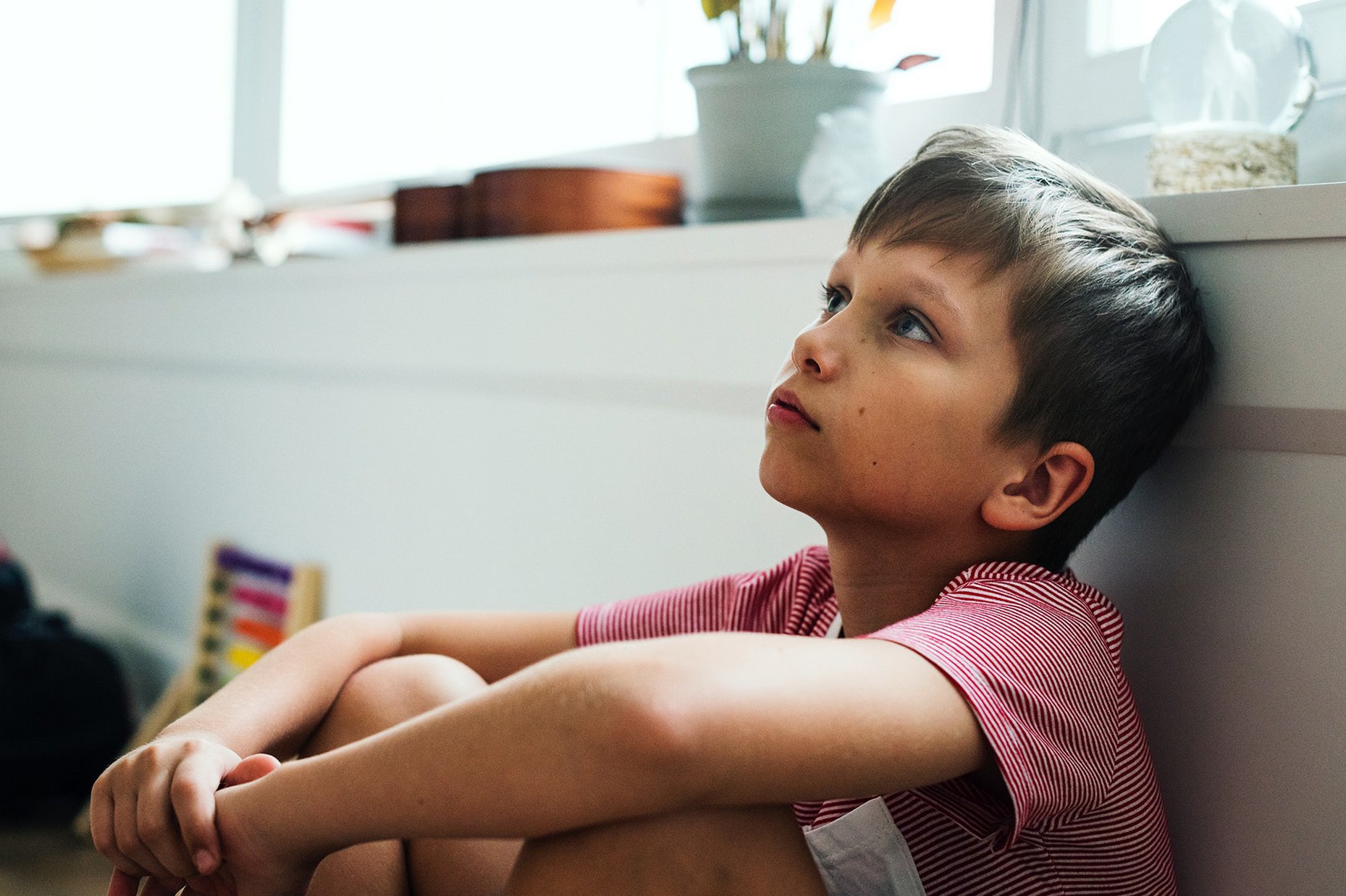Feeling fearful and anxious at a time such as this is normal and appropriate. Given the nature of the threat we are facing, fear and anxiety are adaptive responses as they alert us to the fact that we need to be taking appropriate action to look after ourselves and others.
It’s also important to recognise that if we’re not careful fear and anxiety can quickly reach a tipping point, beyond which they affect us in negative and unhelpful ways.
When the acute stress response, otherwise known as the ‘fight or flight’ response kicks in we’re no longer able to think clearly or make good decisions. We become more reactive and less responsive and our thinking can spiral, becoming increasingly negative and difficult to unhook from.
How to recognise the stress response:
- Hyperarousal
- Hypervigilance
- Excessive busyness
- Defensiveness / reactivity
- Excessive judgement and over-reaction
![]()
As we navigate this pandemic it’s important that we all take the necessary precautions (e.g. physical distancing, regularly washing hands and not touching your face) to keep ourselves and others as safe as we possibly can. It’s also important to repeatedly take deliberate actions to help settle and soothe your nervous system by cultivating and connecting to a feeling of calm and safety within.
Even short moments of connecting to an internal sense of calm and safety will be beneficial, helping you reset and find the middle ground between overwhelm and denial. It’s from this place that you’ll be able to make better choices to best support you and those around you.
3 quick ways to calm yourself:
1. Move
Any kind of physical movement is a great way of releasing the build-up of excess energy that accompanies the acute stress (‘fight or flight’) response – take yourself for a walk or run outside; do some stretching, yoga or some other form of mindful movement; or crank some uplifting music and dance around the house for a few minutes.
2. Breathe
When you slow your breathing rate down the uncomfortable physical sensations of fear and anxiety start to subside. Try the following:
- Stop what you’re doing, take three long, slow deep breaths.
- Impose a rhythm on your breathing so that your out-breath becomes longer than your in-breath.
- Try a 4-2-6 rhythm – e.g. breathe for 4 counts, hold your breath for 2 counts, and breathe out for 6 counts.
-
- If that doesn’t feel comfortable, try imposing a 3-1-4 rhythm. The main thing is that your out-breath is slightly longer than your in-breath.
3. Ground
Connect to what is happening in this moment right now more consciously engaging your senses. Try the following:
- Splash cold water on your face;
- Take a hot (or cold) shower;
- Cuddle your pet;
- Smell and/or diffuse a relaxing essential oil (e.g. lavender, geranium, ylang ylang);
- Take a moment to enjoy a cup of tea – really pay attention to the aroma and taste;
- Do one of the following short guided grounding exercises from the ‘Stress Management’ program in the Smiling Mind App:
- Counting and Blowing
- Three Things
- Roots to the Ground
In addition to the various ways you can give your brain a break, listed above, we invite you to also consider that, as you are reading this, in this very moment, right now, you are essentially ok. You have enough air to breathe; your heart is still beating; your body, while possibly a little fatigued or tense; is essentially ok. Do your best to connect to a felt sense that in this moment right now you are basically ok.
![]()
Even just for a moment see if you can let go of unnecessary worry and uneasiness. While there may have been times in the past when you’ve not been ok, and we don’t know what the future holds, see if you can acknowledge that in this moment right now you are essentially alright.
This is not about denying or pushing away the reality of the health crisis we are all grappling with. It’s about finding ways to give your mind and body a break by connecting with what is actually happening in this moment, right now.
You can still be aware of what’s happening around you and inside you. You can still deal proactively and thoughtfully with the current challenges. In fact, doing so from a place of a felt sense of being ok will help you think more clearly, creatively and flexibly as well as connect to and care for yourself and others more deeply.
By consciously and deliberately connecting to a place of calm and safety inside, even if only momentarily, multiple times a day, you can help settle and soothe your nervous system. This builds resilience making you more able to take sensible precautions without overreacting. To further develop your ability to find a place inside that is calm and safe, you might like to practice the ‘Growing Inner Strengths Meditation’ in the ‘Stress Management’ program in the Smiling Mind App.

Click here for additional resources
This resource provides strategies designed to be used in a proactive way and are not designed to manage or treat significant emotional difficulties. If you need immediate help please make sure you speak with your health professional or contact lifeline on 131 114.











.jpg)




